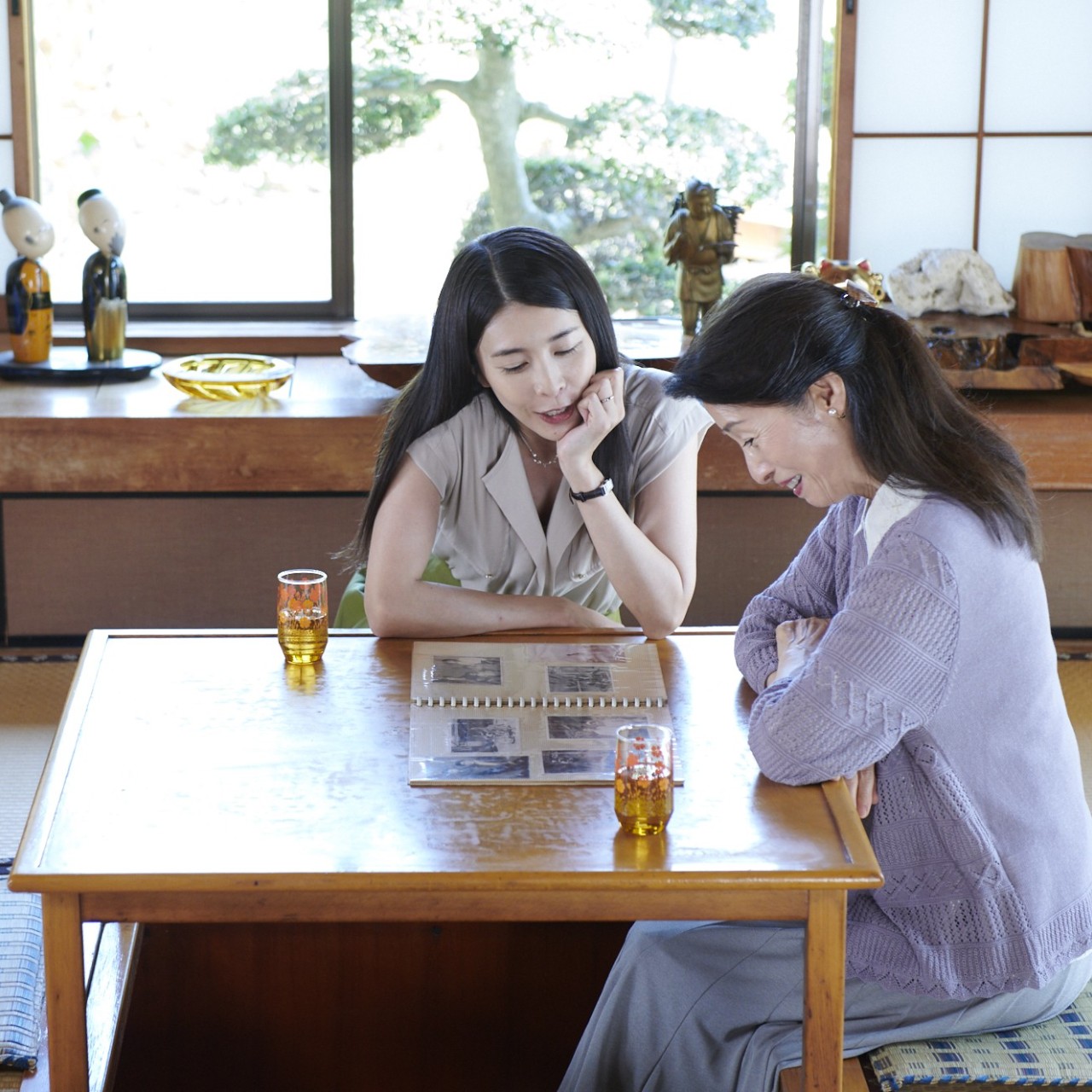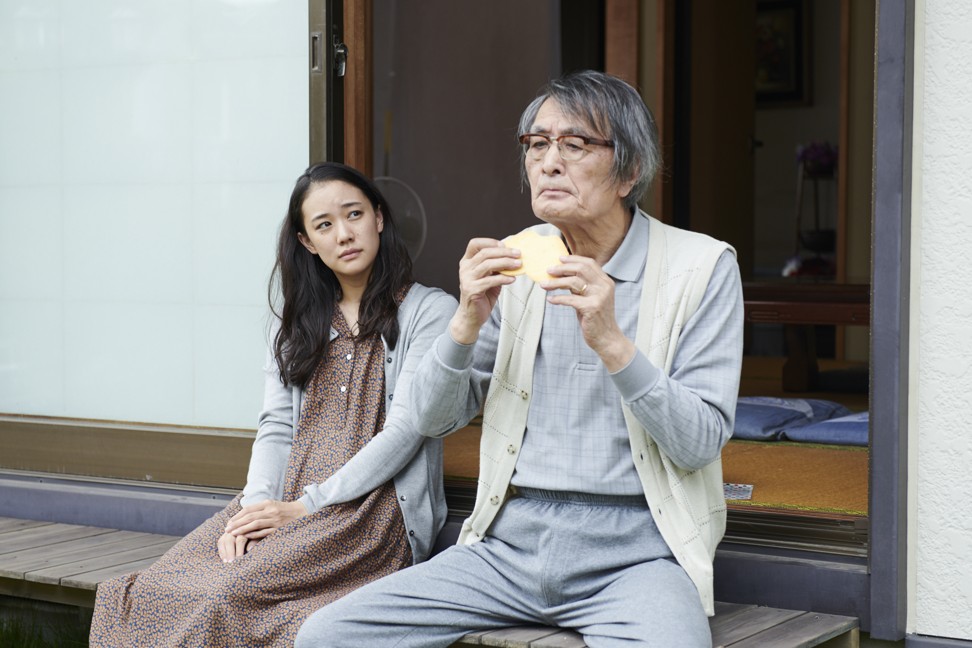
3/5 stars
Following in the grand tradition of master filmmaker Yasujiro Ozu, A Long Goodbye is forged not from earth-shattering drama, but rather the minutiae of everyday struggles that test the bonds of family relationships. In particular, the film highlights the sacrifices made by the wife and two adult daughters of an ageing academic, Shohei (Tsutomu Yamazaki), after he is diagnosed with dementia.
Writer-director Ryota Nakano continues his preoccupation with death, previously explored in Capturing Dad (2012) and Her Love Boils Bathwater (2016), offering a commentary on Japan’s ageing population crisis and the overwhelming burden that a generation of elderly citizens is putting on the rest of the country.
While Shohei’s wife of 35 years, Yoko (Chieko Matsubara), has remained loyally by his side, both their daughters have left home. The younger one, Fumi (Yu Aoi), has remained in Tokyo, where she has been desperately unlucky in love. Bouncing from one failed relationship to the next, she throws herself into a new food truck business, only to discover her professional life is just as challenging as her love life.
Fumi’s older sister, Mari (Yuko Takeuchi), emigrated to the US with her husband, where her role as housewife has made it difficult for her to assimilate. Mari frequently concocts excuses to visit Japan, but her repeated absence is putting a strain on her marriage.
Mari’s son, Takashi (Yuito Kamata), remains close to his grandparents, often accompanying his mother on her visits. He becomes fascinated by his grandfather’s ability to write kanji, dubbing him “the kanji master” and enlisting him in his efforts to woo a female classmate.

There is a somewhat cynical attitude towards romantic relationships in the film, with almost every prospective coupling doomed to failure. The solitary success appears to be that of Shohei and Yoko, credited to decades of mutual respect, sacrifice and suffering. Nakano begrudgingly acknowledges that family must come first, but there is a definite suggestion that this prioritisation is the cause of some relationship failures.
Japan remains one of the only film industries to provide consistently compelling lead roles for women in mainstream cinema, and the cast here is excellent across the board. The film’s only real weakness comes in the creaky American sequences, where some problematic English line-reading causes unexpected pain and suffering.
Outside these brief moments, however, A Long Goodbye presents a sentimental, if not wholly sympathetic, picture of familial responsibilities, and the sacrifices we make for those who made us.

Want more articles like this? Follow SCMP Film on Facebook







